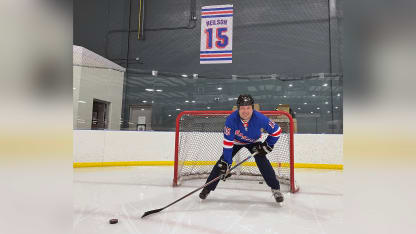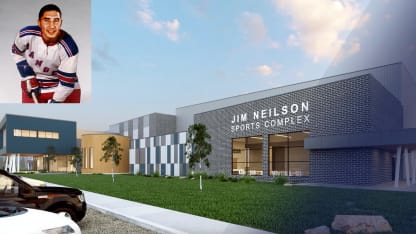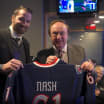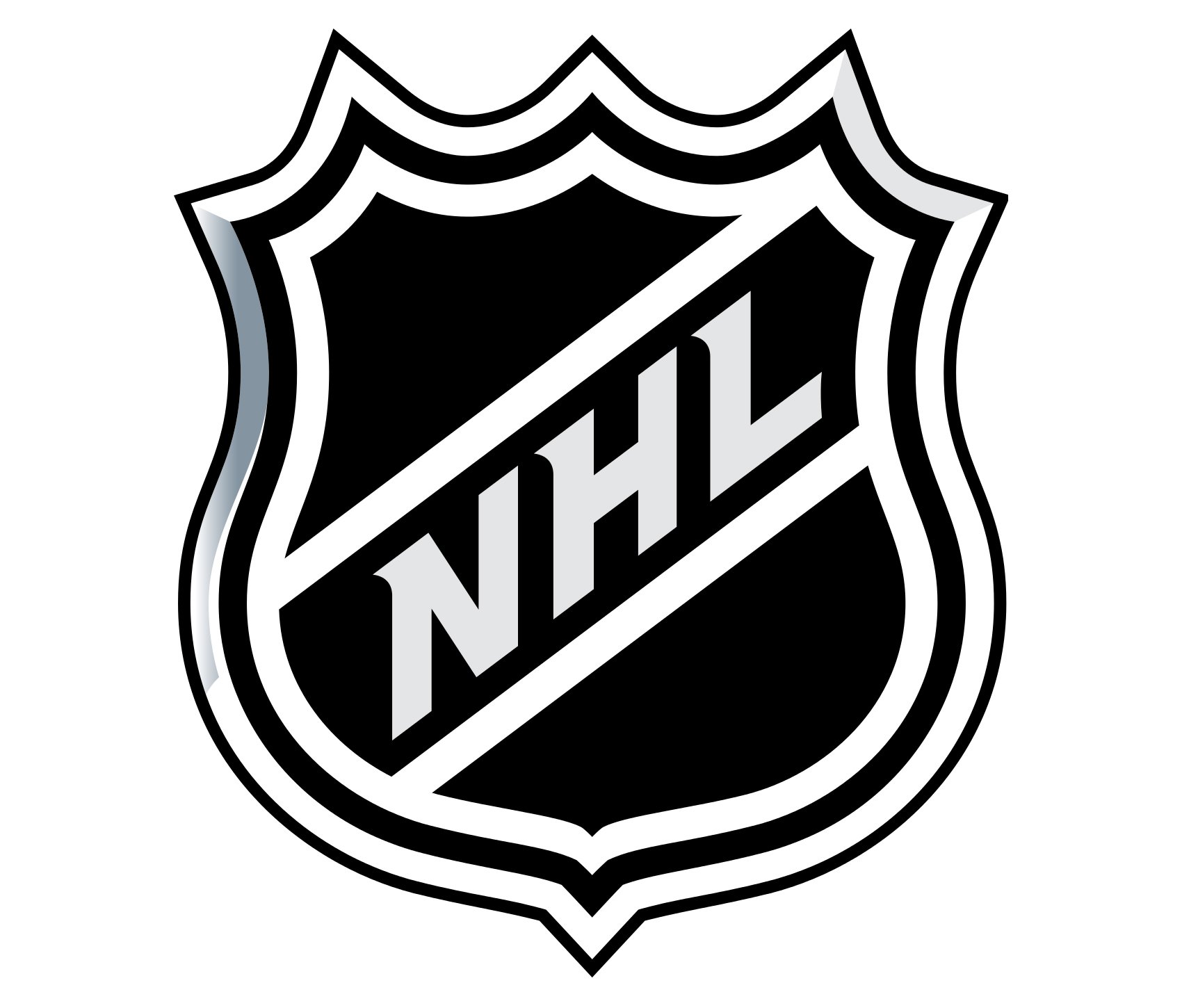Neilson, who died Nov. 5, 2020, at age 79, was a First Nation band member from the Big River community. He was a preschooler when he and two sisters were moved 75 miles northwest to an orphanage in Prince Albert, where he learned to skate and play hockey until age 16, when he was scouted by the Rangers to play junior.
He saw his first live regular-season NHL game when he played in one at age 21, at Madison Square Garden in New York on Oct. 11, 1962, against the Detroit Red Wings.
Klein got to know Neilson in the later years of the latter's life, digging into his history to learn how important ancestry was to the defenseman and to his First Nation community.
"Unfortunately, Jimmy didn't make it to the arena opening, but we think it reflects what he would have wanted, and what his children were eager to have," Klein said.
Where First Nation youth often had to go elsewhere for education and sports opportunities, now many in Saskatchewan are coming to Big River, its population of about 3,000 including nearly 800 school-age children.
The Neilson complex opened Sept. 5, 2022, with a WHL preseason game between Saskatoon and Prince Albert that was attended by the Neilson family, government officials and proud members of the community, and Rangers alumnus Adam Graves, who was representing the team that is an important partner.
The multisport facility is the envy of much of a province that has sent 527 players to the NHL -- 486 skaters and 41 goalies. Planned for more than 10 years with Klein at the head of the project, it features an arena that seats about 1,000 spectators and sports facilities indoors, with an outdoor artificial-turf soccer field, a large pow-wow arbor for song and dance, a running track and fields for lacrosse and baseball.






















